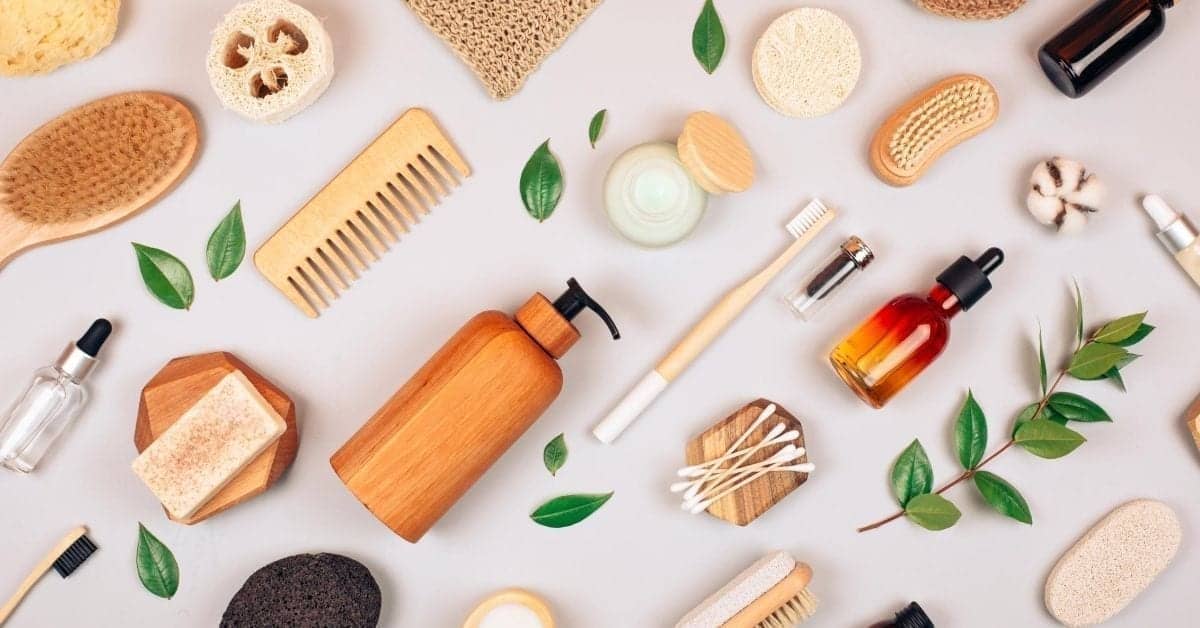Published 16 September 2024
-
Written by The Hormona Team

Reviewed by Dr. Abhinav Singh
Fact checking standards
Key takeaways
Today we’re talking about self-care activities for mental health. When we think about self-care we immediately think about facemasks, candles and general relaxation, however these are not the only ways to practice self-care. While these methods do have their merits, they do not work for everyone.
We all need to nurture our mental health once in a while. But for some this can be very difficult and often not possible through standard self-care techniques. I have spoken about general self-care tips in previous blog posts which you can find here.
In this article I will outline some alternative self-care activities for those who do not find general relaxation helpful.
Useful self-care activities for mental health
Taking Care of your Social Life
Our social lives are incredibly important to our mental wellbeing. Having friends, family and loved ones around us to talk to and do activities with brings us out of our own heads and into the present.
Tell people what helps: Mental health is different for everyone, so it is understandable that what helps one person may not help another. It is important to communicate to those around you what you find helpful in times of stress. This may be suggesting talking it out with a friend, being distracted, or even asking to be left alone. Communication is our friend in all aspects of our lives.
Try and talk to at least one person every day: By injecting a little bit of social interaction into each day, we can break out of our own minds and remind ourselves that while we may feel lonely on occasions, there is always someone to talk to. Why not reach out to someone you haven’t spoken to in a while or ring up a family member.
Enrich your social life with communities: There is a community out there for everyone, where you can meet like-minded people and expand your social circle. There are online communities for almost everything you can think of, such as gardening groups, book clubs or online gaming. With Coronavirus still impacting our lives, now is a great time to get involved in online communities. When we are more able to meet up with groups in person, try joining a local group, or volunteering.
Try Peer Support: Charities such as Mind provide access to peer support groups where you can learn coping strategies and hopefully meet like-minded people.
Looking After your Physical Health
Our mental health is heavily affected by our physical health. It is important to take care of our bodies so that we do not have to worry about our physical health and can concentrate on our mental health.
Get enough sleep: Sleep is a very important part of keeping healthy. It helps us recharge both our body and our mind. It can sometimes be difficult to maintain a healthy sleep pattern but training yourself to go to sleep and wake up at the same times will help you feel refreshed and well rested. If you suffer from insomnia it might be worth contacting your GP or a health professional to get their advice.
Engage in physical activity: Contrary to popular belief, regular physical activity does not have to be strenuous or unenjoyable. There are many options for keeping active, such as going for walks, swimming or exercise classes. All of these can be tailored to your needs.
Eat healthily: When your mental health is poor, it can be very difficult to eat healthily. It is very tempting to reach for takeaways, microwave meals and sweets. However, these will not help you out of your mental slump. Taking the time to make sure you eat your fruits and vegetables will help nurture your body, giving you more physical strength. This will enable you to work on your mental health. I must add that a takeaway once in a while can be a wonderful treat, but they are not helpful if you rely on them.
Drink plenty of water: You have probably heard this before, but I will say it again. You must make sure that you keep your body hydrated. Drinking water enables our body to work properly as the majority of our bodily functions rely on water intake. Being hydrated allows us to think more clearly and feel more refreshed. These provide the perfect condition to work on our mental health.
Disclaimer: This website does not provide medical advice. The information, including but not limited to, text, graphics, images, and other material contained on this website is for informational purposes only. No material on this site is intended to be a substitute for professional medical advice, diagnosis, or treatment. Always seek the advice of your physician or other qualified healthcare provider with any questions you may have regarding a medical condition or treatment and before undertaking a new healthcare regimen, and never disregard professional medical advice or delay in seeking it because of something you have read on this website.
Written by
The Hormona Team
Reviewed by

Dr. Abhinav Singh
Dr Singh is the Medical Director of the Indiana Sleep Center. His research and clinical practice focuses on the myriad of sleep.





